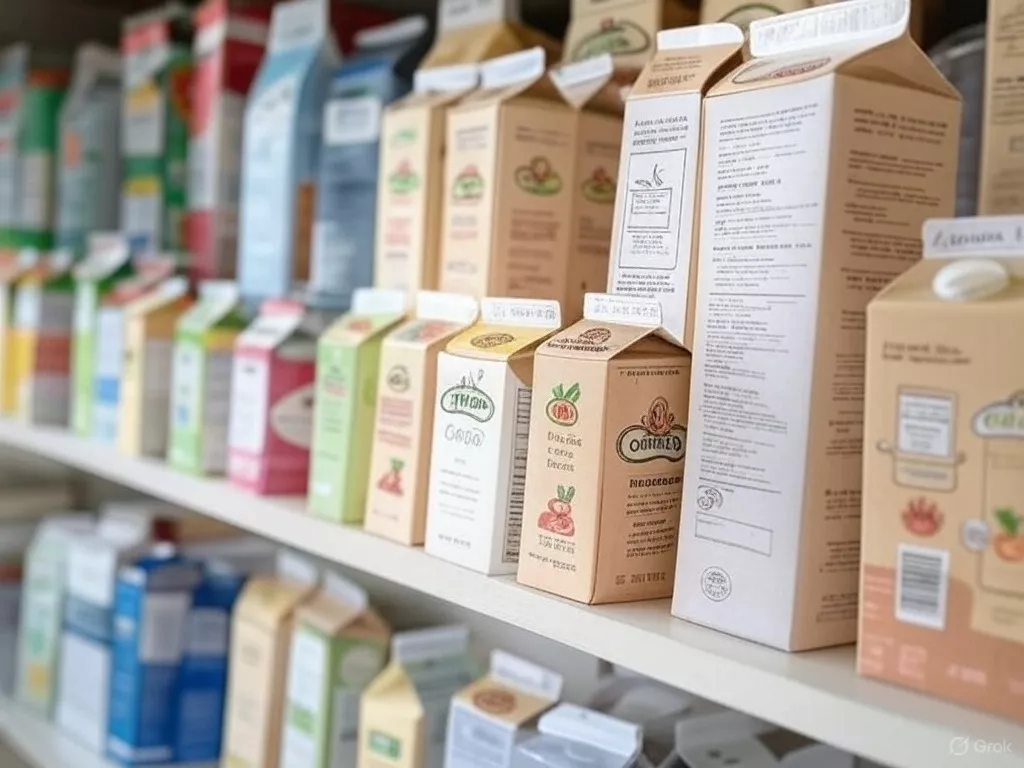
Introduction
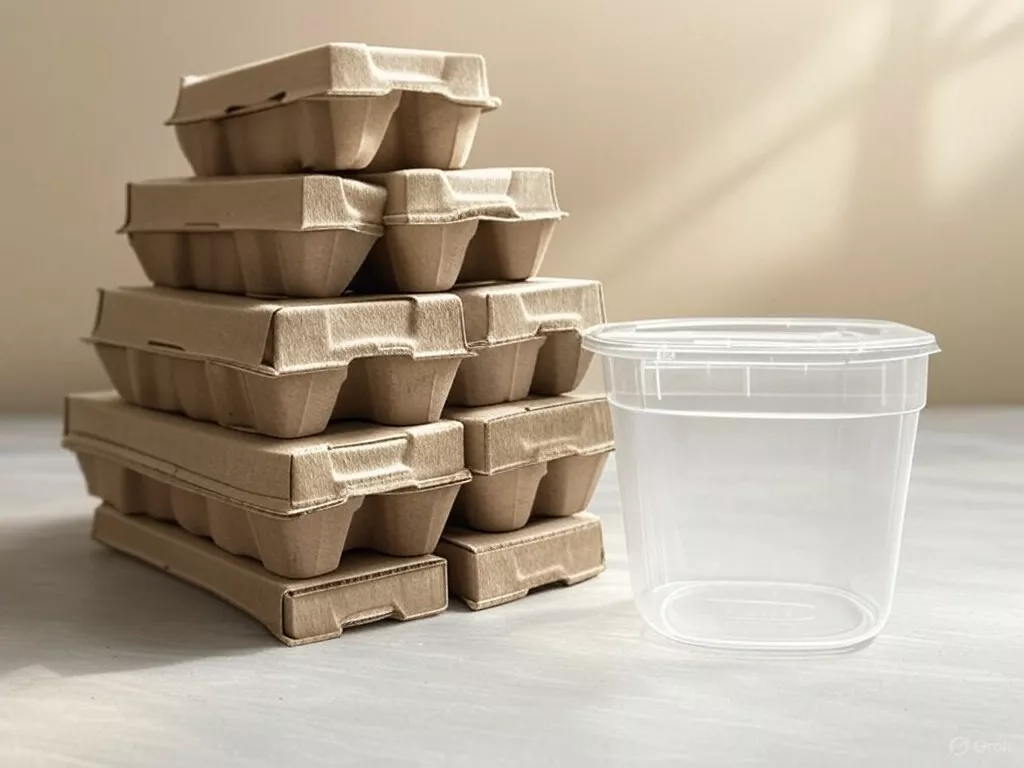
In recent years, the debate between carton and plastic packaging has gained significant traction. As consumers become increasingly aware of environmental issues, businesses are seeking sustainable alternatives. This article delves into the benefits of carton packaging over plastic, highlighting its environmental impact, health safety, and functionality.
Environmental Impact

One of the most compelling reasons to choose carton packaging is its lower environmental footprint. Cartons are primarily made from renewable resources, namely wood fibers from sustainably managed forests. In contrast, plastic is derived from petroleum, a non-renewable resource. The production of plastic not only contributes to greenhouse gas emissions but also involves energy-intensive processes.
Recyclability
Carton packaging is widely recyclable. Many municipalities have established recycling programs specifically for cardboard and paper products. According to the American Forest & Paper Association, approximately 70% of the paper and cardboard consumed in the U.S. is recycled. On the other hand, only about 9% of plastic is recycled globally, with the remainder often ending up in landfills or oceans, contributing to pollution.
Biodegradability
Another environmental advantage of carton packaging is its biodegradability. Cartons can decompose naturally in the environment, typically within a few months to a year, whereas plastic can take hundreds of years to break down. This natural decomposition process significantly reduces the long-term impact on landfills and ecosystems.
Health and Safety Concerns
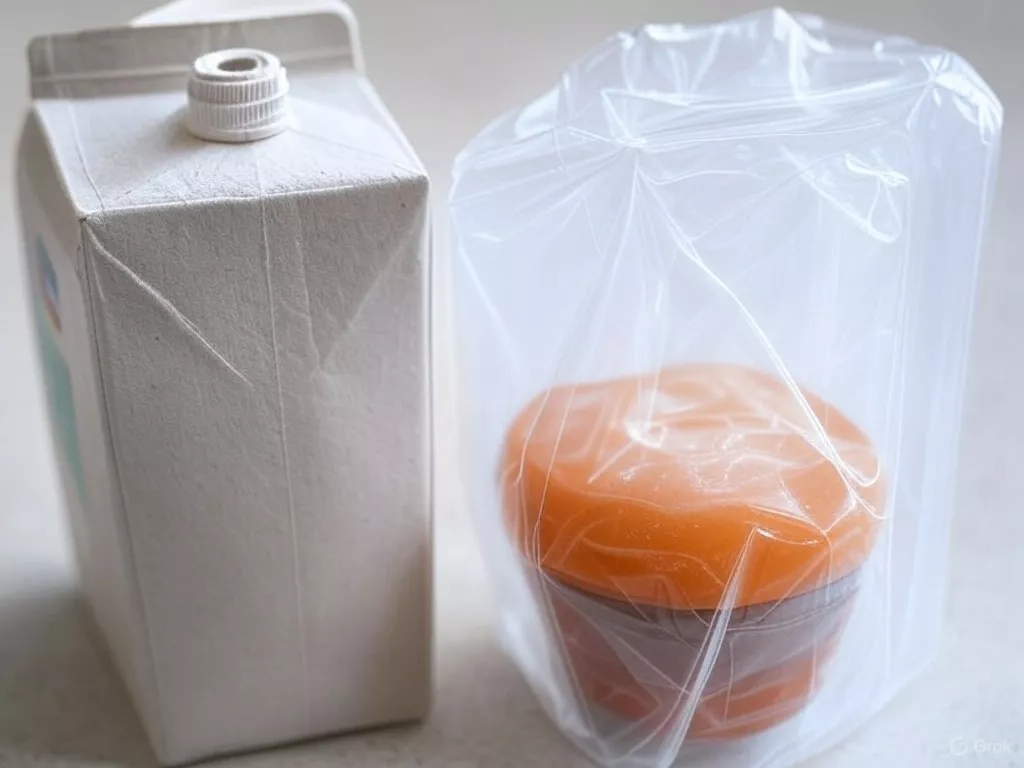
Health safety is a critical consideration in packaging materials. Carton packaging, especially when made from food-grade materials, is generally considered safer than plastic. Many plastics contain harmful chemicals, such as Bisphenol A (BPA) and phthalates, which can leach into food and beverages, posing potential health risks.
Food Safety
Cartons are often treated with food-safe coatings that do not contain harmful chemicals, making them a safer option for food packaging. Additionally, cartons provide an effective barrier against moisture, light, and oxygen, helping to preserve the freshness and quality of food products without the risks associated with plastic.
Functionality and Versatility
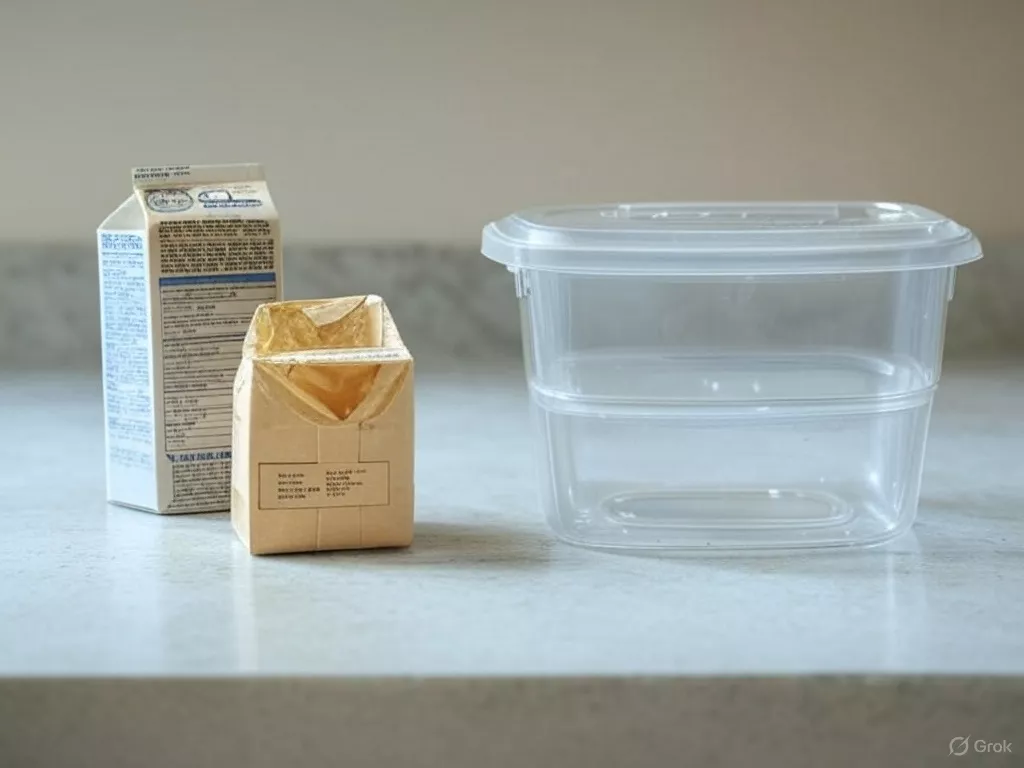
Carton packaging offers a range of functional benefits that make it an appealing choice for various products. Cartons can be designed in multiple shapes and sizes, allowing for creative branding and easy stacking for transportation and storage.
Customizability
Carton packaging can be easily customized with printing and design options. This not only enhances brand visibility but also allows companies to convey their sustainability message effectively. Custom designs can help products stand out on the shelves, influencing consumer purchasing decisions.
Lightweight and Strong
Despite being lightweight, cartons are surprisingly strong and durable. This strength allows for efficient shipping and handling, reducing transportation costs and carbon emissions associated with heavier packaging materials.
Cost-Effectiveness
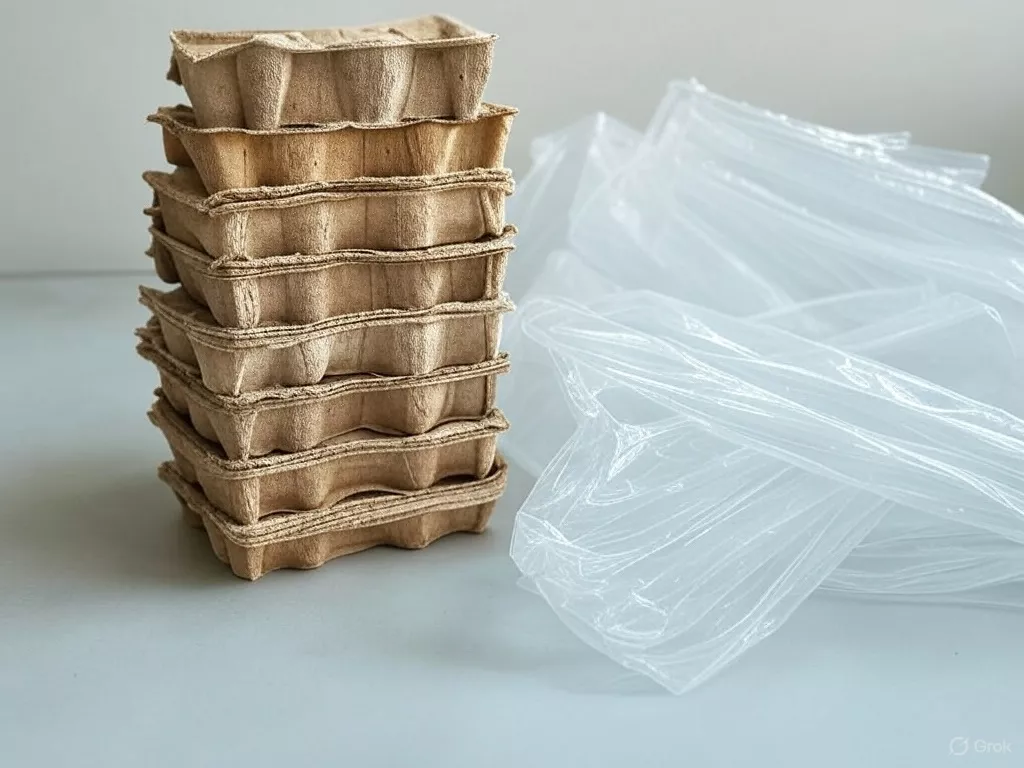
While the initial cost of carton packaging may be higher than plastic, the long-term benefits can outweigh these costs. The recyclability and biodegradability of cartons can lead to lower waste management expenses. Moreover, as consumer demand for sustainable products increases, businesses may find a competitive edge by opting for carton packaging.
Conclusion
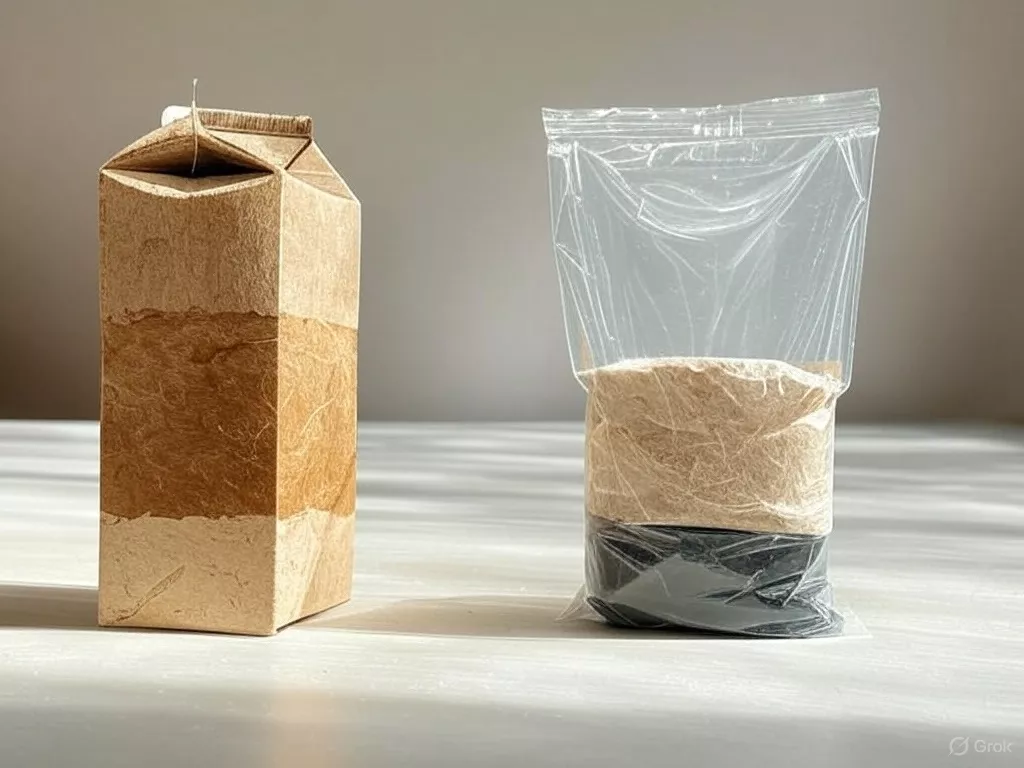
Choosing carton packaging over plastic presents numerous advantages, from environmental sustainability and health safety to functionality and cost-effectiveness. As consumers grow more conscious of their purchasing choices, businesses that prioritize eco-friendly packaging options will likely resonate better with their target audience. Ultimately, carton packaging is a responsible choice for a healthier planet and a safer future.